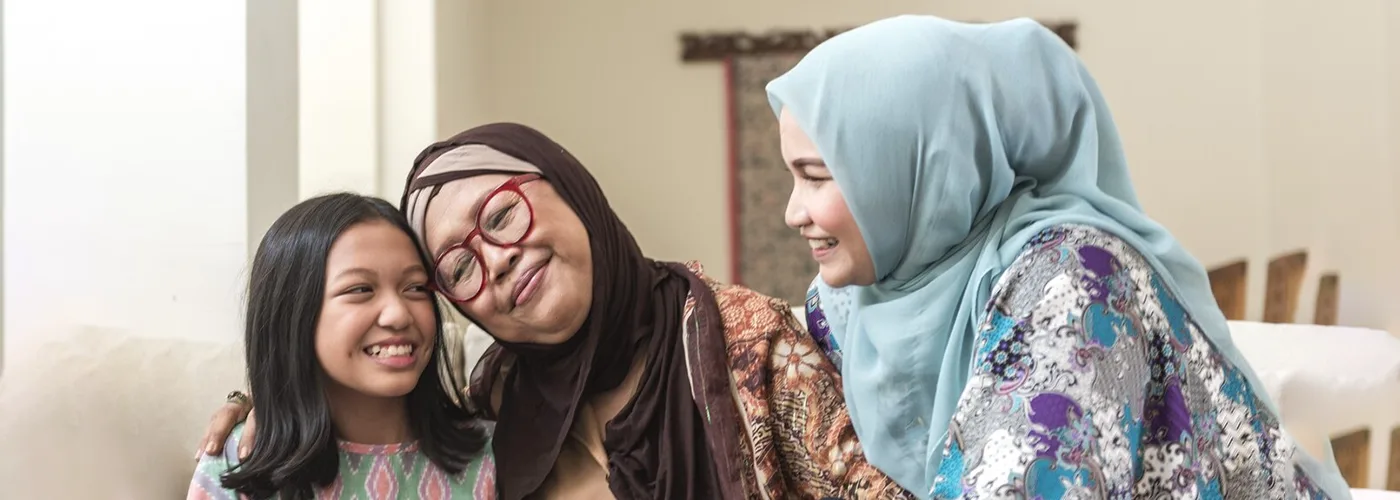Topics
Breast cancer is one of the most prevalent cancers affecting women globally, and it is the leading type of cancer in Malaysia. Despite extensive awareness campaigns, many people still hold misconceptions about the disease. These misconceptions can lead to confusion and, at times, unnecessary fear.
In this article, we will address some of the most common myths about breast cancer, focusing on the realities of the disease, its risk factors, symptoms, and treatment options. It is essential to clear up these misunderstandings to encourage timely detection and appropriate treatment.
1. Breast Cancer Affects Only Older Women
One of the most common misconceptions about breast cancer is that it primarily affects older women. Many believe that only women over 50 are at risk. However, breast cancer can also affect younger women, and cases in women under 40 are increasingly being reported. Early diagnosis is crucial, especially in younger women, as it can significantly improve treatment outcomes. Women of all ages should be aware of their breast health and participate in regular screenings, even if they do not experience any noticeable symptoms. Additionally, genetic factors and family history should be considered when assessing personal risk.
2. A Family History of Breast Cancer Guarantees You Will Get It
Another prevalent myth is that if someone has a family history of breast cancer, they are bound to develop it. While it is true that family history increases the risk, it does not guarantee that a person will develop the disease. In fact, approximately 70-80% of breast cancer Malaysia cases occur in women with no family history of the disease. Genetic mutations, such as BRCA1 and BRCA2, can increase the likelihood, but they are only responsible for a small percentage of breast cancer cases. The presence of a family history does warrant closer monitoring, but it is just one of many risk factors. Regular screenings and healthy lifestyle choices remain the best methods for reducing your risk.
3. Breast Cancer Malaysia Always Presents as a Lump in the Breast
Many people assume that breast cancer always presents as a lump. While a lump is one of the most common signs, it is not the only one. Breast cancer symptoms can be subtle and varied, including changes in the size, shape, or appearance of the breast, unexplained pain, or skin changes like redness or dimpling. In some cases, there may be no symptoms at all, especially in the early stages. This is why early screening is crucial. Women should perform regular breast self-exams and consult a healthcare provider if any unusual changes occur. Mammograms and breast ultrasounds are essential tools for detecting cancer even in the absence of symptoms.
4. Mastectomy Is Always Required for Breast Cancer Treatment
Another misconception is that mastectomy, or the complete removal of the breast, is always required for breast cancer Malaysia treatment. While a mastectomy may be necessary in some cases, it is not the only option. Depending on the type and stage of breast cancer, breast-conserving surgery (such as a lumpectomy) may be a viable option. In a lumpectomy, only the tumour and a small amount of surrounding tissue are removed, allowing the breast to be preserved. Other treatment options include chemotherapy, radiation therapy, and targeted therapy. Advances in breast cancer treatment offer many choices, allowing doctors and patients to work together to choose the best approach based on individual circumstances.
5. Breast Cancer Cannot Be Prevented
While no method can guarantee the prevention of breast cancer, there are lifestyle changes that can lower your risk. A healthy lifestyle that includes maintaining a healthy weight, staying physically active, limiting alcohol intake, and eating a balanced diet can help reduce the chances of developing breast cancer. Regular screenings also play a key role in early detection, which significantly increases the chances of successful treatment. Many hospitals, including Gleneagles Hospitals in Malaysia, offer state-of-the-art breast cancer Malaysia screening and genetic testing services to help women assess their risk and detect abnormalities early. Understanding risk factors and making informed choices about lifestyle and screenings are powerful steps in reducing the risk of breast cancer.
FAQs
-
What are the early warning signs of breast cancer?
-
How can I reduce my risk of breast cancer?
-
Is breast cancer only a concern for women?
-
What is the role of genetics in breast cancer?
Genetics can play a significant role in the development of breast cancer, particularly for those with a family history of the disease. Genetic mutations, like BRCA1 and BRCA2, increase the risk, but most breast cancer cases in Malaysia are not due to inherited genetic mutations.
Early signs of breast cancer can vary, but common symptoms include changes in the appearance or feel of the breast, such as swelling, redness, or a lump. Sometimes, there may be no symptoms at all, which is why regular screening is so important.
A healthy lifestyle can significantly reduce the risk of developing breast cancer. This includes maintaining a healthy weight, eating a nutritious diet, exercising regularly, and limiting alcohol consumption. Regular screenings and self-examinations are also essential.
Although breast cancer is far more common in women, men can also develop it, though it is much rarer. Men should be aware of any changes in their breast tissue and should seek medical advice if they notice any abnormalities.
Book an Appointment at Gleneagles Hospitals
Breast cancer is a disease that affects many women worldwide, but understanding the facts and taking proactive steps can greatly reduce the risks and improve the chances of successful treatment. Early detection through regular screenings, lifestyle changes, and seeking medical advice are crucial for managing breast cancer effectively.
If you are concerned about breast cancer, please reach out to your nearest Gleneagles Hospitals by making an appointment through our website, or download our MyHealth360 application from Google Play Store or Apple App Store.








